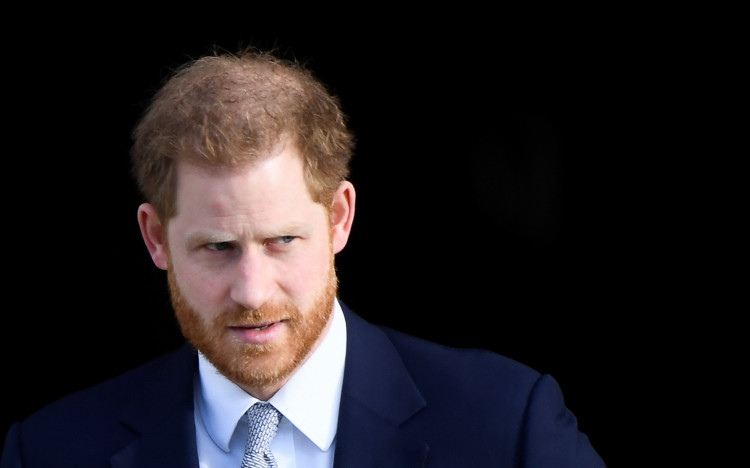Prince Harry, Duke of Sussex, has secured a significant legal victory in his phone hacking lawsuit against Mirror Group Newspapers (MGN), marking a pivotal moment in his ongoing battle against British tabloids. The High Court's ruling, delivered by Justice Timothy Fancourt, found that phone hacking was "widespread and habitual" at MGN, highlighting a systemic issue in the pursuit of private information.
The court awarded Prince Harry over £140,000 ($180,000), a sum reflective of both the distress caused and the aggravated damages due to senior executives' awareness and concealment of such practices. This ruling addresses 15 of the 33 newspaper articles examined at trial, which Harry cited as examples from nearly 150 instances of alleged illegal information gathering by the tabloids.
In a statement read by his lawyer, Prince Harry expressed that the ruling was both "vindicating and affirming" and called it a "great day for truth, as well as accountability." He emphasized the importance of a free and honest press, a sentiment echoed throughout his memoir "Spare" and his public statements. The Duke underscored the decision as a warning to other media outlets employing similar tactics, referring to upcoming trials against two other tabloid publishers.
The lawsuit, part of Harry's broader crusade against unethical media practices, accused MGN of using unlawful methods to produce stories about his life between 1996 and 2010. These stories, which covered aspects such as his romances and alleged drug use, caused significant emotional distress. Harry's quest for justice and media reform has been intensified by his own experiences with press intrusion, notably holding paparazzi accountable for his mother Princess Diana's death and citing media harassment as a reason for his and Meghan's move to the U.S.
The court's decision, however, did not find MGN responsible for all alleged unlawful activities directed at the Duke. Mirror Group's statement following the ruling acknowledged historical wrongdoing, offered an unreserved apology, and affirmed the company's commitment to responsible journalism.
This case, the first of three lawsuits brought by Prince Harry against tabloids, underscores the Duke's commitment to challenging media misconduct. His testimony, marking the first time in over a century that a senior royal has taken the witness stand, shed light on the distressing impact of press intrusion on his life.
The ruling also reflects broader concerns about media ethics, particularly the use of phone hacking and other intrusive methods by British newspapers. The scandal, which gained public attention with the News of the World case in 2011, has since exposed deeper issues within the industry.
As Prince Harry continues his legal battles, his determination to reform media practices and protect personal privacy remains unwavering. This victory not only represents a personal triumph for the Duke but also a significant moment in the ongoing discourse about the boundaries of press freedom and individual rights.






